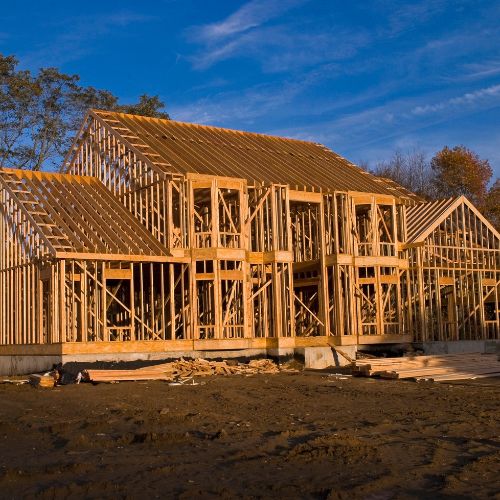Foundation Problems
Foundation problems include cracks, settling, bulging walls, uneven floors, and more. These types of defects may not show up until after you’ve moved in. If you don’t catch these problems early enough, you could end up with major structural damage.
Water Damage
This issue occurs because water enters through cracks around windows, doors, plumbing fixtures, foundation walls, crawl spaces, attics, roofs, decks, porches, and other areas where moisture collects.
Poor Plumbing Installation
New plumbing systems require proper installation so that there aren’t any leaks later down the road. If pipes were improperly connected, water could leak through them and cause lasting damage in hard-to-reach places.



